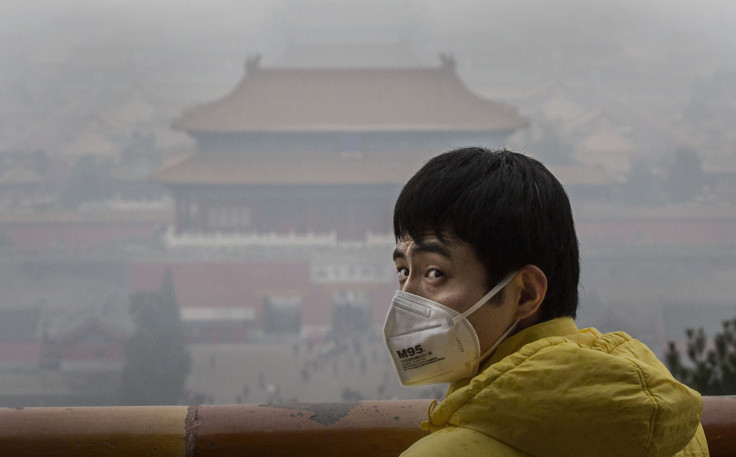Climate Change News: Coronavirus Shutdowns, Quarantines May Be Leading To Cleaner Environments

Last month, China’s Hubei province, the epicenter of the recent Covid-19 global pandemic, saw an astonishing 21.5% increase in days determined to have “good air quality,” alongside a diminished presence of smog leading to blue skies. In fact, according to NASA satellite data, large swaths of gaseous clouds that usually hang over the heavily industrialized country nearly vanished between January and February.
Nitrogen dioxide over #China has dropped with the coronavirus quarantine, Chinese New Year, and a related economic slowdown. https://t.co/URfLNy0GZJ #NASA #COVID2019 pic.twitter.com/PM60uL772K
— NASA Earth (@NASAEarth) March 4, 2020
It appears that an unintended but welcome by-product of the facility shutdowns and mass quarantines in response to the outbreak of coronavirus has been a decrease in human activities that negatively impact the environment.
“This is the first time I have seen such a dramatic drop-off over such a wide area for a specific event,” explained Fei Liu, an air quality researcher at NASA. “I am not surprised because many cities nationwide have taken measures to minimize the spread of the virus.”
China has seen a 25% decrease in carbon dioxide (CO2) emissions. Considering that the country is estimated to produce roughly 30% of the world’s CO2 pollution, this unintentional decrease is hugely significant, even if it is only temporary. In fact, at this rate, the Covid-19 outbreak could lead to the first decline in global emissions since the 2008-09 financial crisis.
“If we can think about how to prepare for climate change like a pandemic, maybe there will be a positive outcome to all of this,” said Christopher Jones, lead developer of the CoolClimate Network at the University of California at Berkeley. “We can help prevent crises in the future if we are prepared. I think there are some big-picture lessons here that could be very useful.”
China saw a 36% decrease in coal consumption between February and March, a major decline considering the country burned coal for 59% of its energy in 2018. Further cuts in harmful emissions came from the drastic cut in oil and steel production and the 70% reduction in domestic airline flights.
Despite these positive gains, the future post-outbreak remains in question. While experts hope that the environmental benefits of global shutdowns might be seen as lessons going forward, others are concerned that pollution with bounce back fiercely once Covid-19 has largely subsided. Li Shou, a climate advisor for Greenpeace East Asia, said that there is a worry that China’s eagerness to revive its economy will cause a much larger-than-usual amount of carbon pollution in the second half of 2020. Li referred to the potential phenomenon as “revenge pollution.”
“There might be a round of economic stimulus which would inject cheap credits to heavy industries in China, and as a result of that we might see increasing pollutants and also carbon emissions in the second half of this year,” Li said.
© Copyright IBTimes 2024. All rights reserved.





















